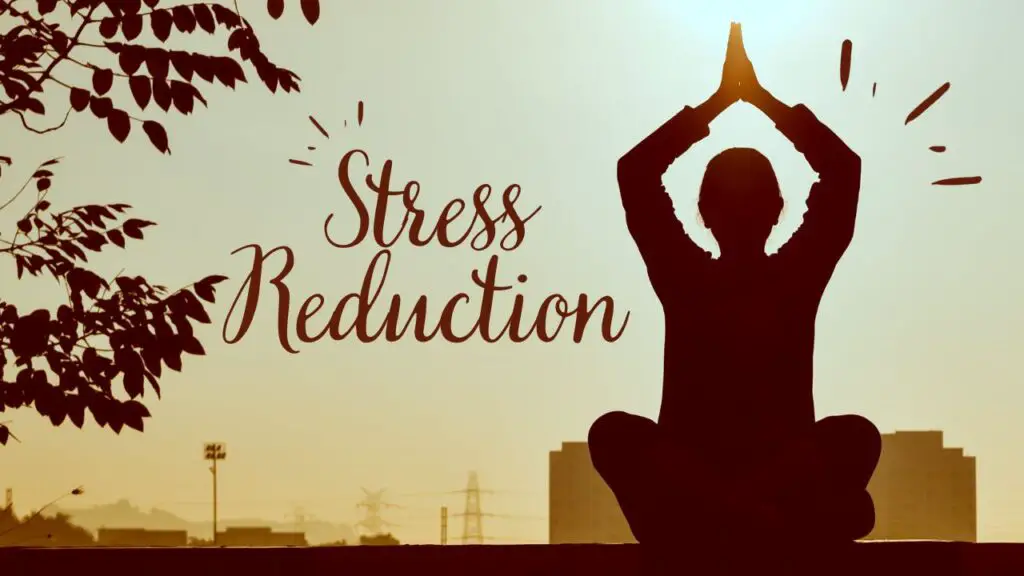Bipolar disorder, often known as manic-depressive illness, is a mental health condition that affects a person’s mood, causing extreme shifts between high energy and low moods. Let’s explore the symptoms and causes of bipolar disorder in simple terms.
What is Bipolar Disorder?
Bipolar disorder is a brain condition that leads to unusual mood changes. People with this disorder may experience periods of intense happiness and energy, called mania, followed by deep sadness and low energy, known as depression.
Symptoms of Bipolar Disorder
- Extreme Highs (Mania): Individuals in the manic phase may feel overly happy, have lots of energy, talk very quickly, and have trouble sleeping. During these times, they might take risky actions without thinking about the consequences.
- Extreme Lows (Depression): The depressive phase brings feelings of sadness, hopelessness, and a lack of interest in activities once enjoyed. Energy levels drop, making it challenging to perform daily tasks.
- Changes in Activity and Sleep: People with bipolar disorder may experience changes in activity levels, such as being unusually active during manic episodes and sluggish during depressive episodes. Sleep patterns can also be disrupted.
- Difficulty Concentrating: Concentration and decision-making may become difficult during both manic and depressive phases.
- Suicidal Thoughts: In severe cases, individuals may have thoughts of harming themselves. It’s crucial to seek help if these thoughts occur.
Causes of Bipolar Disorder
While the exact cause of bipolar disorder isn’t fully understood, several factors contribute to its development.
- Genetic Factors: Bipolar disorder often runs in families. If someone in your family has it, there might be a higher chance of developing the condition.
- Brain Structure and Function: Differences in the brain’s structure and how it functions may play a role. Chemical imbalances in the brain, particularly involving neurotransmitters, are associated with bipolar disorder.
- Stressful Life Events: High-stress situations, trauma, or significant life changes can trigger the onset of bipolar disorder in susceptible individuals.
- Substance Abuse: Drug or alcohol abuse may increase the risk and severity of bipolar disorder. Substance abuse can also complicate treatment.
- Hormonal Changes: Changes in hormonal levels, such as those during pregnancy or menopause, may influence the development of bipolar disorder.
Getting Help for Bipolar Disorder
If you or someone you know shows symptoms of bipolar disorder, it’s crucial to seek help. Mental health professionals can provide a diagnosis and create a treatment plan tailored to individual needs.
In conclusion, understanding bipolar disorder symptoms and causes is essential for early detection and effective management. By recognizing the signs and seeking support, individuals with bipolar disorder can lead fulfilling lives, and with proper treatment, they can manage their mood swings successfully. If you suspect bipolar disorder in yourself or someone else, don’t hesitate to reach out to a healthcare professional for guidance and support.






